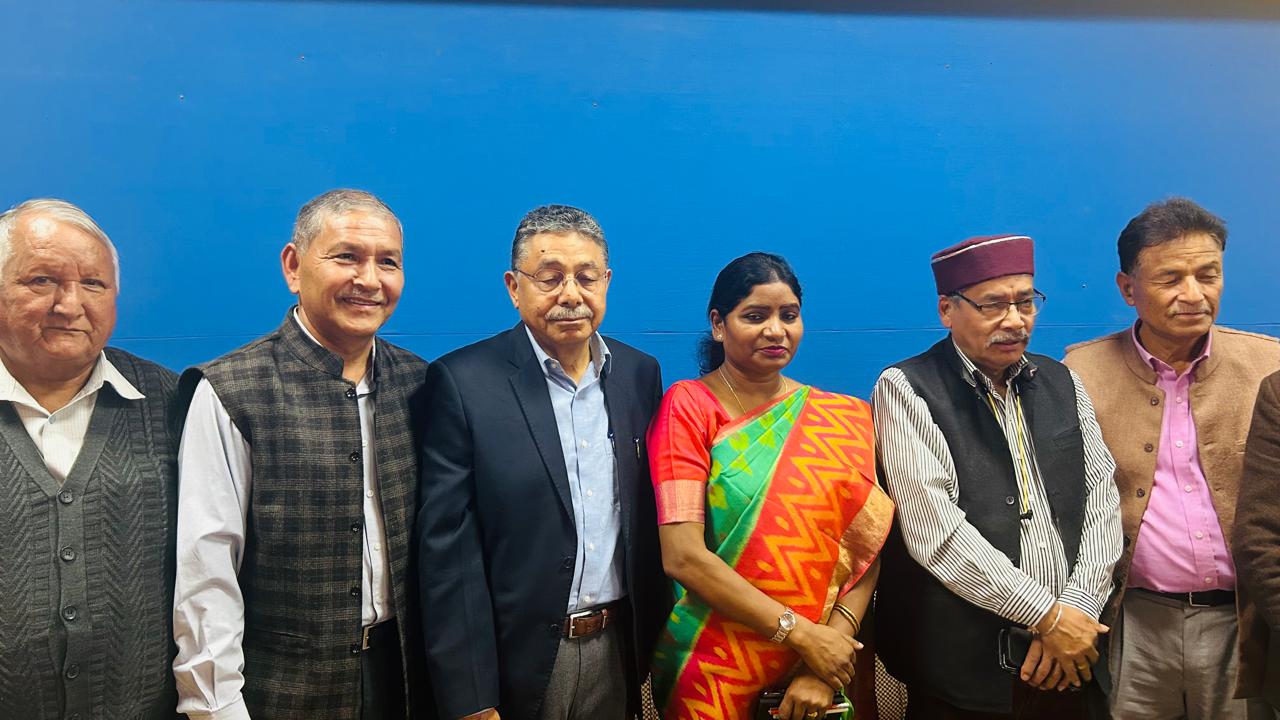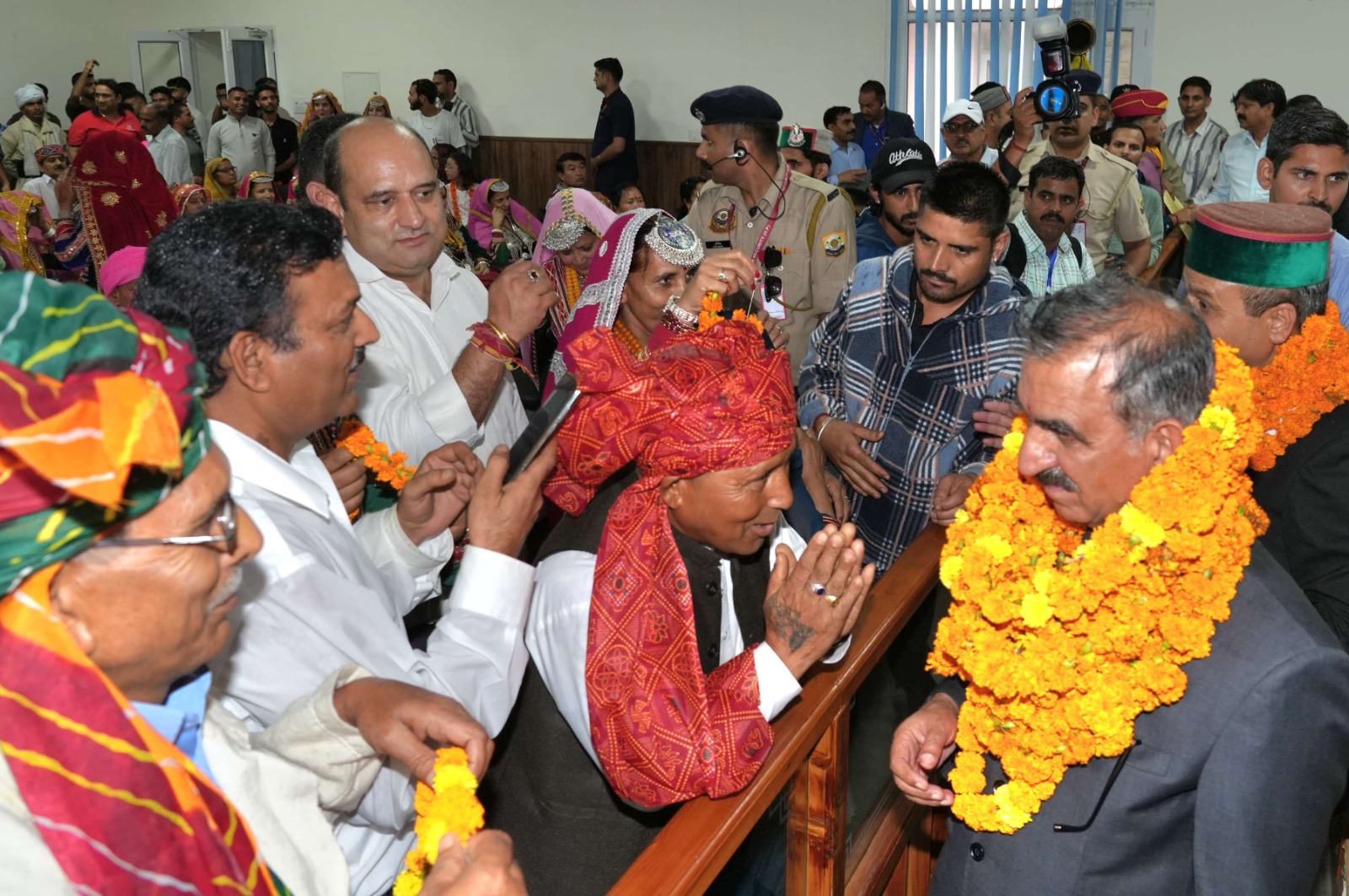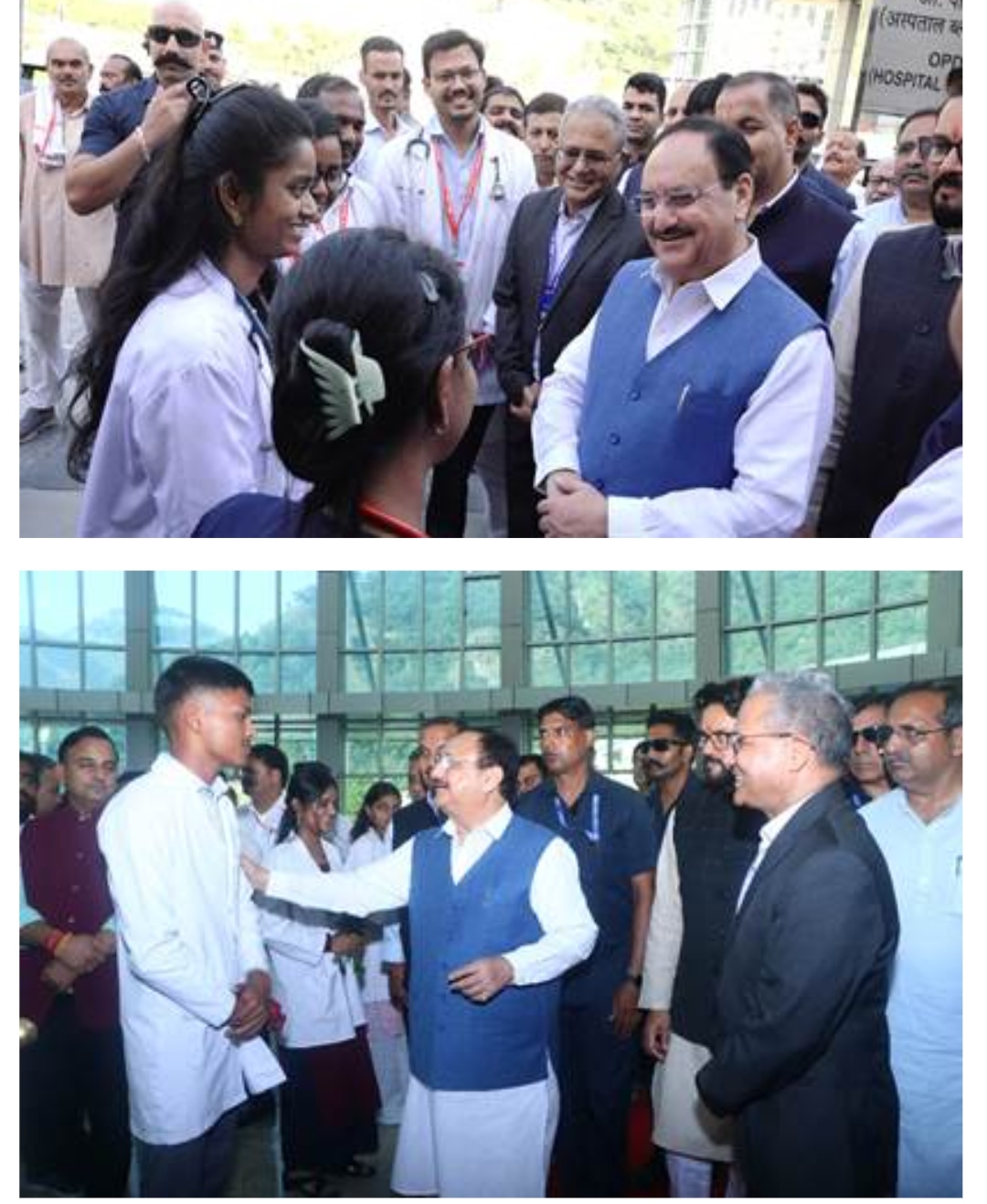Lahaul-Spiti Delegation Raises Alarms Over Ecological and Tribal Issues in Key Meeting with National Commission Member in Kullu.
Kullu:
In a significant move to spotlight the growing concerns of the Lahaul-Spiti region, a joint delegation representing several public organisations met with Dr. Asha Lakra, Member of the National Commission for Scheduled Tribes, at the Circuit House in Kullu. The meeting, held on Sunday, brought forth a series of pressing issues concerning the fragile Himalayan ecosystem, tribal rights, and the socio-economic development of the high-altitude tribal district.
The delegation provided a comprehensive account of the region’s challenges, ranging from environmental threats posed by mega projects to deep-rooted systemic issues in healthcare, education, and employment.
Ecological Concerns over Mega Hydro Projects
Leading the environmental charge, B.S. Rana, President of the Save Lahaul-Spiti Society, voiced strong opposition to the proposed mega hydroelectric projects in the region. He warned that the indiscriminate felling of ancient deodar trees and disturbance to glacial reserves could spell ecological disaster not just for Lahaul-Spiti, but for entire North India.
“This cold desert region is already grappling with shrinking glaciers and climate change. Destroying deodar forests—some of which are hundreds of years old—will have irreversible consequences,” he said.
Push for Sustainable Development
Echoing the environmental concerns, Ajay, an environmentalist from the region, advocated for sustainable tourism as a more viable alternative to large-scale industrial projects. He emphasized that development must align with local ecological and cultural realities, instead of exploiting limited natural resources.
Tribal Rights and Legal Protections
Activist Prem Katoch stressed the importance of implementing the Panchayats (Extension to Scheduled Areas) Act (PESA) and other relevant laws to protect the autonomy and land rights of tribal communities. He warned that current developmental policies risk marginalizing the indigenous population.
Demand for Private Sector Job Reservations
With unemployment rising, B.D. Parshira demanded reservations for tribal youth in private sector jobs, calling for affirmative action to ensure their economic inclusion and dignity.
Healthcare Deficiencies and Delays
Healthcare expert Dr. Jai Prakash brought attention to the lack of robust medical infrastructure in the region, specifically citing delays in the establishment of the much-needed ICMR Hospital.
Education Crisis Amid School Closures
Educational activist Tashi Angroop, former President of Jan Chetna Association Lahaul and Spiti, criticized the closure of government schools under privatisation drives. He urged the establishment of more government-run schools, including Kendriya Vidyalayas, Jawahar Navodaya Vidyalayas, and Eklavya Model Residential Schools, to safeguard educational access for tribal children.
Commission Member Responds with Assurance
Following the detailed presentation, Dr. Asha Lakra advised the delegation to submit a formal written memorandum and also upload their concerns to the National Commission for Scheduled Tribes (NCST) web portal. She assured the group that the Commission would make every effort to pursue and address these issues through appropriate channels.
“This dialogue is an important step in ensuring that the voices of remote tribal communities are heard at the national level,” said B.S. Rana, reflecting on the outcome of the meeting.
A Voice from the Mountains Reaches the Centre
As discussions around environmental degradation and tribal rights gain urgency across India, this engagement signifies a crucial step toward bringing grassroots perspectives into national policy discourse. The delegation’s outreach could potentially shape future development strategies in Lahaul-Spiti, balancing ecological preservation with the welfare of its indigenous people.




